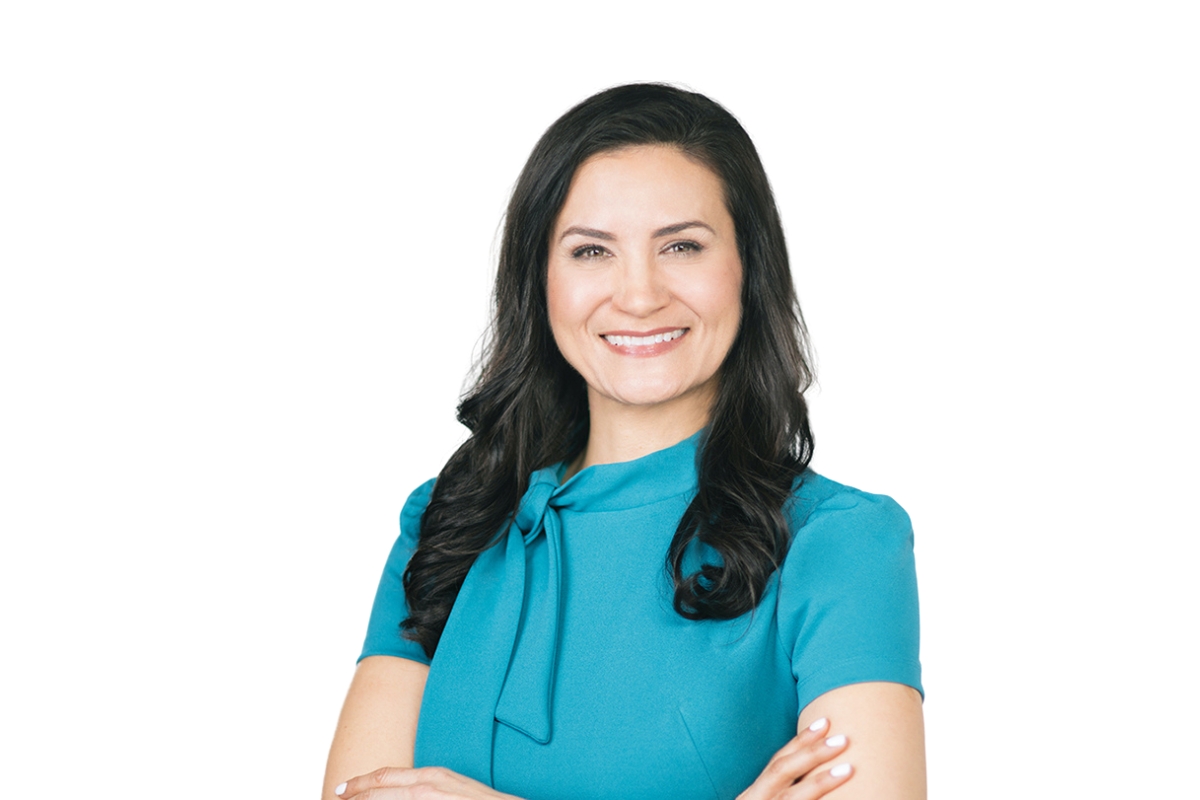When Kathy Ireland began her career as a model and actress, it seemed like the sky was her limit. She exceeded that limit as well as any and all expectations of her when she turned into a successful author and entrepreneur. Now she regularly finds herself featured as a highly respected and successful mogul. In recent years, she’s turned her attention to philanthropy, trying to make a difference around the world. She was profiled in a previous issue of The Edge, and this is part of that conversation.
What is the most common mistake that young businesswomen make early on in their careers and how can it be avoided? Should it be avoided?
The worst mistake a young woman can make is to give into her fears: her fear of rejection, failure, inferiority, or believing that she is not worthy of achieving success. Facing these fears head on will allow her to take a giant step forward.
Remember, if you’re not being rejected regularly, you’re not asking for enough. Don’t be afraid to let your dreams match your desires. Everything you want is out there and waiting to be taken, so why not go after what you want?
What are the most important changes that you have seen regarding the role that women play in business today compared to when your company first launched more than two decades ago?
There are more opportunities available for women today. However, gender equality has yet to be achieved. Gender inequality is not just exhibited through the opportunities that continue to be denied to women, but also by how women continue to be spoken to compared to men. Women are often asked, “How do you juggle parenting and a career?” Men are not asked this question.
So, while the proverbial glass ceiling that keeps women down is cracking, it still very much exists. We have progress, but we must keep pushing upward in order to shatter the ceiling beyond any recognition or repair.
What business-related skills can women harness in order to find equal or greater success in other aspects of their lives?
They should prioritize developing their communication skills. These skills are imperative for achieving success in every aspect of our lives, whether we are using them to captivate an audience during a boardroom presentation, to maintain healthy relationships in our personal lives, or for any other purpose.
Maintaining a great work ethic outside of the office is also a no-brainer. You work really hard to achieve your career goals, why not use that same drive and dedication to achieve the rest of your goals? Do you want to improve your personal fitness level? Improve your relationship with a specific friend or family member? Perhaps you want to get more actively involved in charity work? Whatever the case may be, only proper dedication will yield the desired results.
How do you think the role of women in business will change during the next decade and what role will you play in it?
Women will continue to be mediators, nurturers, and leaders. But in order for us to achieve these roles, we must first teach each and every girl that she possesses the potential to be extraordinary. For this to happen, educational opportunities for girls around the world must continue to improve, both in quality and availability. Putting books in the hands of girls today means a brighter future for all of us tomorrow.
As for my role, I want to mentor as many girls and women as possible, regardless of their age or location. Modern technology has made the process of imparting knowledge much easier, particularly when you might be mentoring someone who lives thousands of miles away.
Were there experiences you’ve encountered as a model that helped you become a successful businesswoman?
Every single rejection I experienced as a model represented yet another platform piece I could walk across. Eventually, I had enough pieces to create a bridge which allowed me to reach where I am today. Rejection is a sweet gift usually wrapped in an ugly package. I didn’t understand this at the time, but I certainly understand it now.
Philanthropy and fostering positive change plays a major role in your life, as you were committed to achieving the Eight Millennium Development Goals set by the United Nations. In 2015, the UN succeeded those goals with the Sustained Development Goals. Looking back, which of those goals do you believe experienced the most promising change and which fell behind?
We made tremendous strides with the sixth millennium goal, which was to combat malaria, HIV/AIDS, and other diseases. Despite our progress, the drugs needed to treat these diseases are still too expensive and are not easily accessible in many countries, including many parts of the United States.
The third millennium goal, which was to achieve gender equality and to empower women, continued to be a major challenge, especially in parts of the world where women are openly perceived as property.
Hopefully with the Sustained Development Goals, world leaders will feel reinvigorated and recommit themselves to solving these and the many other pressing issues that this initiative aims to address.
Jennifer M. Williams | Editor-in-Chief




















